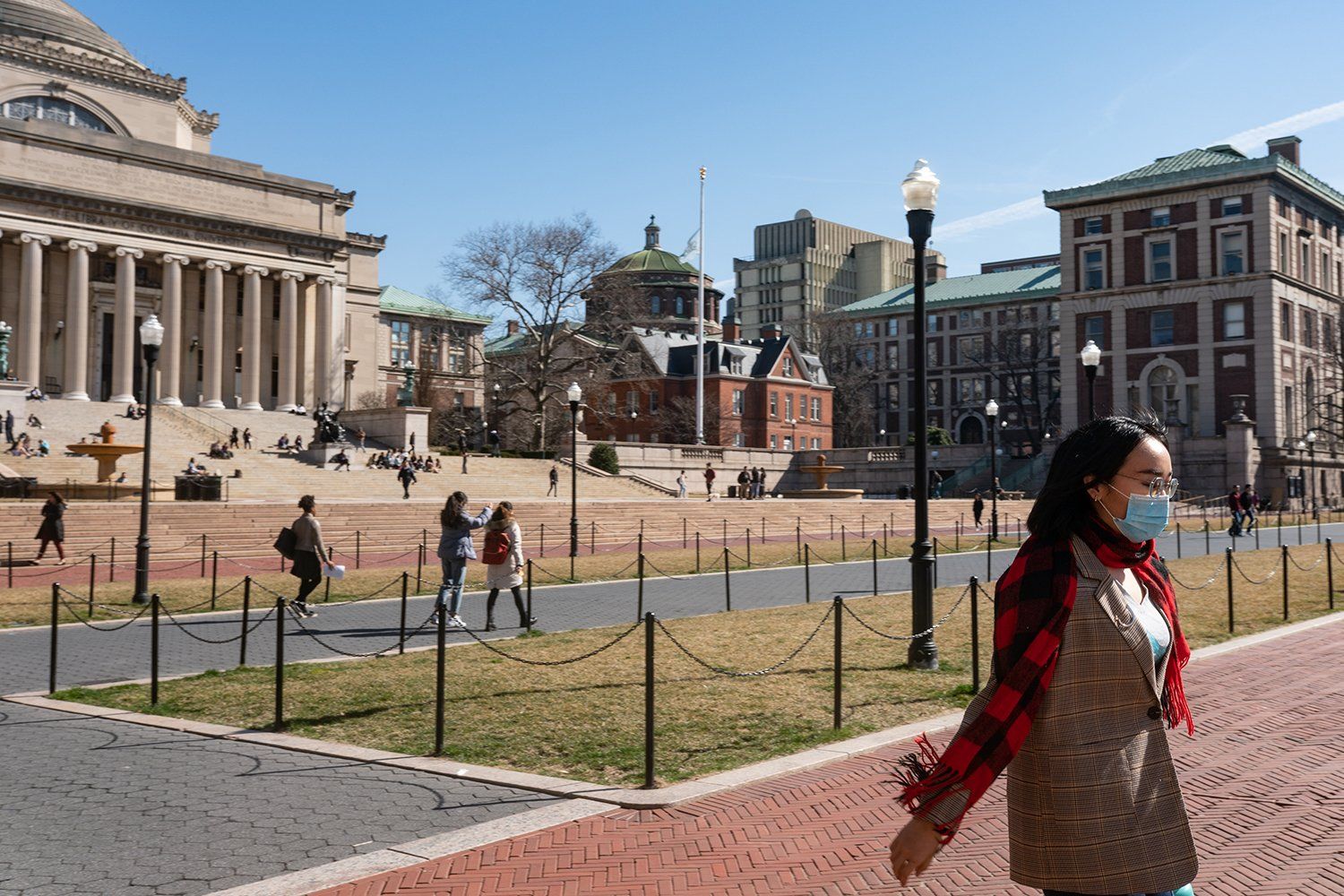Imagine that you’re a legal advisor to a state Governor, Superintendent of Schools, or College President. The COVID-19 pandemic continues to rage. The school year is scheduled to start in the next 30 days. Your job is to come up with a major recommendation. Should schools reopen their doors to in-person classes or remain closed and continue online education?
As a lawyer, you’re concerned about getting sued.
To get a sense of how other states and colleges are addressing the same problem, you do a survey. Here’s what you will find:
- Los Angeles District (remote)
- Prince George’s County, MD (remote)
- California State University (remote)
- Cornell University (open)
- Liberty University in Virginia (open)
- Harvard (hybrid)
- New York District (hybrid)
- New Orleans District (hybrid)
And so, it's up to you to analyze the legal risks on both sides.
Considerations for Schools that Decide to Reopen
Reopening schools during a pandemic could be equivalent to a very expensive legal bill. Here are some issues you may consider:
- Will reopening schools risk the health of students, teachers, and staff? How about the families of those entering your campuses?
- If you reopen, what are the costs that you face if schools must close again if COVID-19 and Flu cause sickness, hospitalizations and deaths to spike?
- What training, protective equipment, and new protocols are needed to keep staff and students safe?
- Will masks be mandatory?
In June, Senator Lamar Alexander, chairman of the Senate education committee met with college and university presidents. The meeting was called for these education leaders to press Alexander for a federal law to prevent them from getting sued if students or staff got sick from COVID-19. Alexander, himself the former president of the University of Tennessee, told reporters it was important to protect colleges from being sued if they acted responsibly.
But what determines if a school is acting reasonably?
Good question. Especially since federal authorities like the Centers for Disease Control and Prevention have been declined to provide set specific standards for how campuses should reopen.
While federal lawsuit protections may be a distant hope, schools are getting a break from state leaders. In July, Louisiana's Gov. John Bel Edwards, a Democrat, signed a law giving K-12 schools and colleges in his state a “get out of jail free” card. Specifically, the law shielded these schools from most civil lawsuits due to student or teacher illnesses from COVID-19
But even with a legal shield, are the other costs still too high to recommend a reopening?
Then an idea comes to you. How about taking the middle road and recommending a hybrid approach? Under this plan, some staff and students would remain home and others would be required to return to schools.
If so, issues you may face are:
- How do you decide what staff are allowed to work at home and who returns? How about the students?
- For those students who return, will they be taught in classes with some of their classmates or even the teacher participating remotely?
So what are the costs of keeping education remote. You’ve already done it for one full semester, why not continue?
First, there may be a cost in the way of a reduction in federal funding. Recently, President Trump and Secretary DeVos threatened to pull federal funding for schools that don't “fully reopen” in the fall. The President’s Press Secretary asserted that schools should not let the “science” to get in the way of reopening.
Many school districts are facing possible lawsuits for failure to fulfill the requirements under the Individual with Disability Education Act.
Bottom Line
This is a tough assignment. A good lawyer would advise that there are liabilities no matter what decision you face. You may get sued whatever choice you recommend.
However, if you are going to get sued, it appears that it would be better to be sued for providing inadequate services rather than causing the death of students, staff, and/or their families.
Recommendations for Schools that Choose to Re-Open
- Group students with staff for the purpose of instruction, meals, bus, physical education to diminish risk.
- Adjust student transportation to meet social distancing requirements.
- Use outdoor space to help meet social distancing needs.



